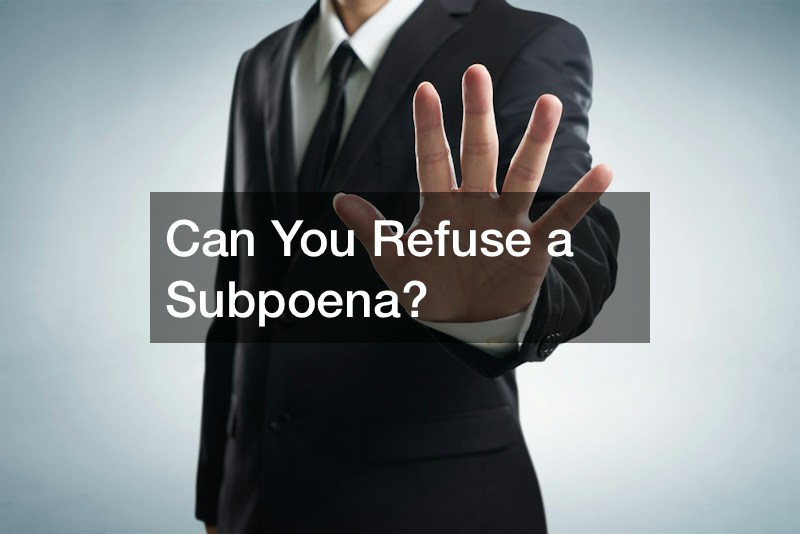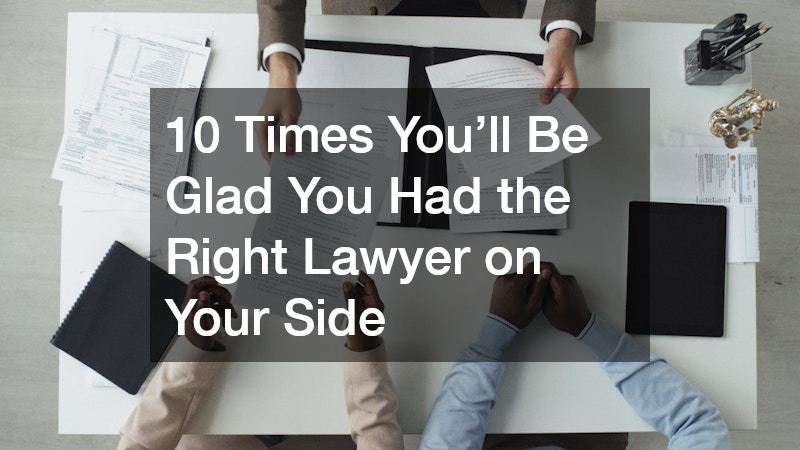Can You Refuse a Subpoena?
Getting a legal subpoena can be overwhelming, leaving you wondering if you can actually say no. Despite subpoenas being powerful legal tools, especially for legal parties obtaining out of state subpoena s if there is a need to obtain evidence or testimony across state lines. It’s important to know that you have rights and options to address any concerns about the request.
In this article, we’ll break down the question: Can you refuse a subpoena?
Understanding Objection Grounds:
It’s essential to know the valid reasons you can object to a subpoena. The Federal Rules of Civil Procedure list these reasons, including cases where the subpoena puts an unfair burden on you or involves unnecessary expenses. Objections can also be made if the requested information is irrelevant, if the language used is unclear, or if the subpoena seeks to reveal confidential or private details, like trade secrets. However, it’s the court that gets to decide if these are valid in your case, not you, so you’ll still need to have a lawyer.
Local Rules and Specifics:
Remember that rules can vary not only at the national level but also locally. Local rules may add extra requirements or details that you need to be aware of before responding to a subpoena. Knowing both sets of rules ensures you have a complete understanding of your rights.
Dealing with Burden and Expenses:
One common reason to object is if the subpoena puts an unreasonable burden on you or comes with significant expenses. For example, if you need to travel extensively or spend a lot of money to comply, you might have a valid objection. This becomes especially relevant when dealing with obtaining out-of-state subpoenas, where the logistics can get complicated and costly.
Relevance of Information:
Another valid reason to object is if the subpoena is asking for information that isn’t directly related to the legal matter at hand. The law expects subpoenas to be precise and only ask for information that directly connects to the case. If the requested information seems unrelated, you can object to protect your privacy.
Clarity in Language:
A subpoena should be clear and straightforward in its demands. If the language used is unclear or confusing, you might have a good reason to object. Specificity in outlining the nature of the requested information is essential to ensure a proper response.
Protecting Sensitive Information:
Preserving confidential or privileged information is a valid ground for objection. This includes objections to revealing trade secrets, private data, or information protected by attorney-client privilege. You have the right to keep such sensitive details safe, and the law has provisions to prevent their unnecessary exposure.
Your Legal Options:
When facing a concerning subpoena, you have legal options to protect your rights. This might involve filing a motion to oppose the subpoena, stating objections based on the grounds we discussed. Seeking legal advice is recommended, as experienced attorneys can guide you through the process and help build a strong defense.
Conclusion:
Even though subpoenas carry a lot of legal weight, you do have rights, and there are situations where you can say no. Understanding the grounds for objection, knowing both national and local rules, and seeking legal help are crucial steps in navigating the challenges associated with subpoenas. By standing up for your rights, you can ensure a fair response to legal demands while keeping your interests protected.
.







